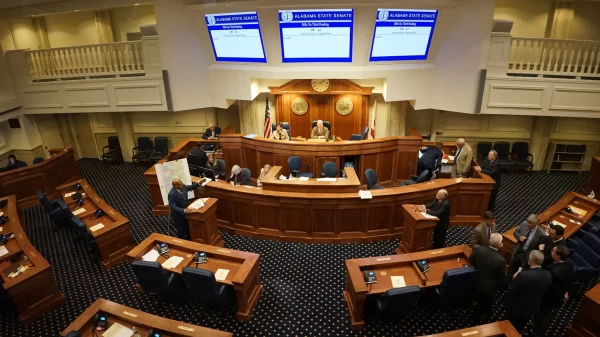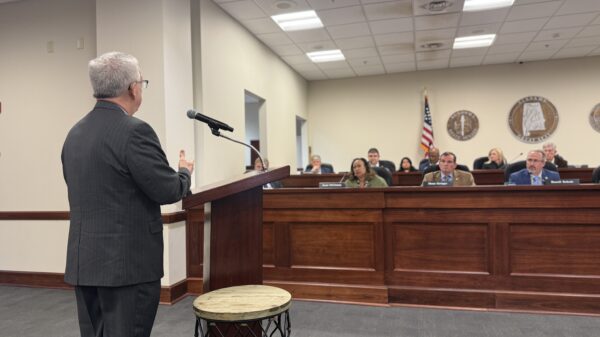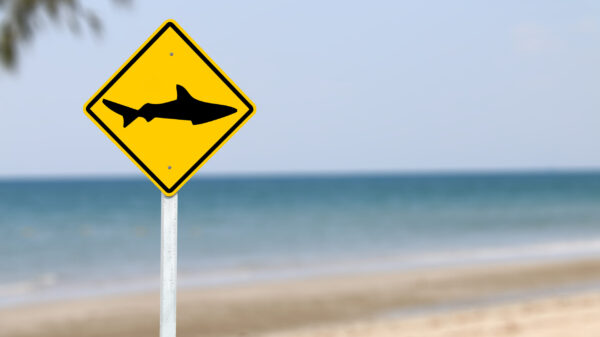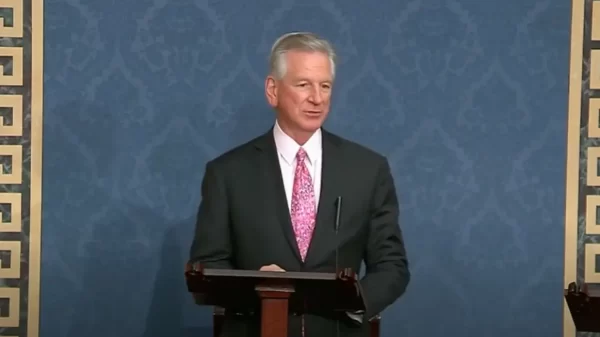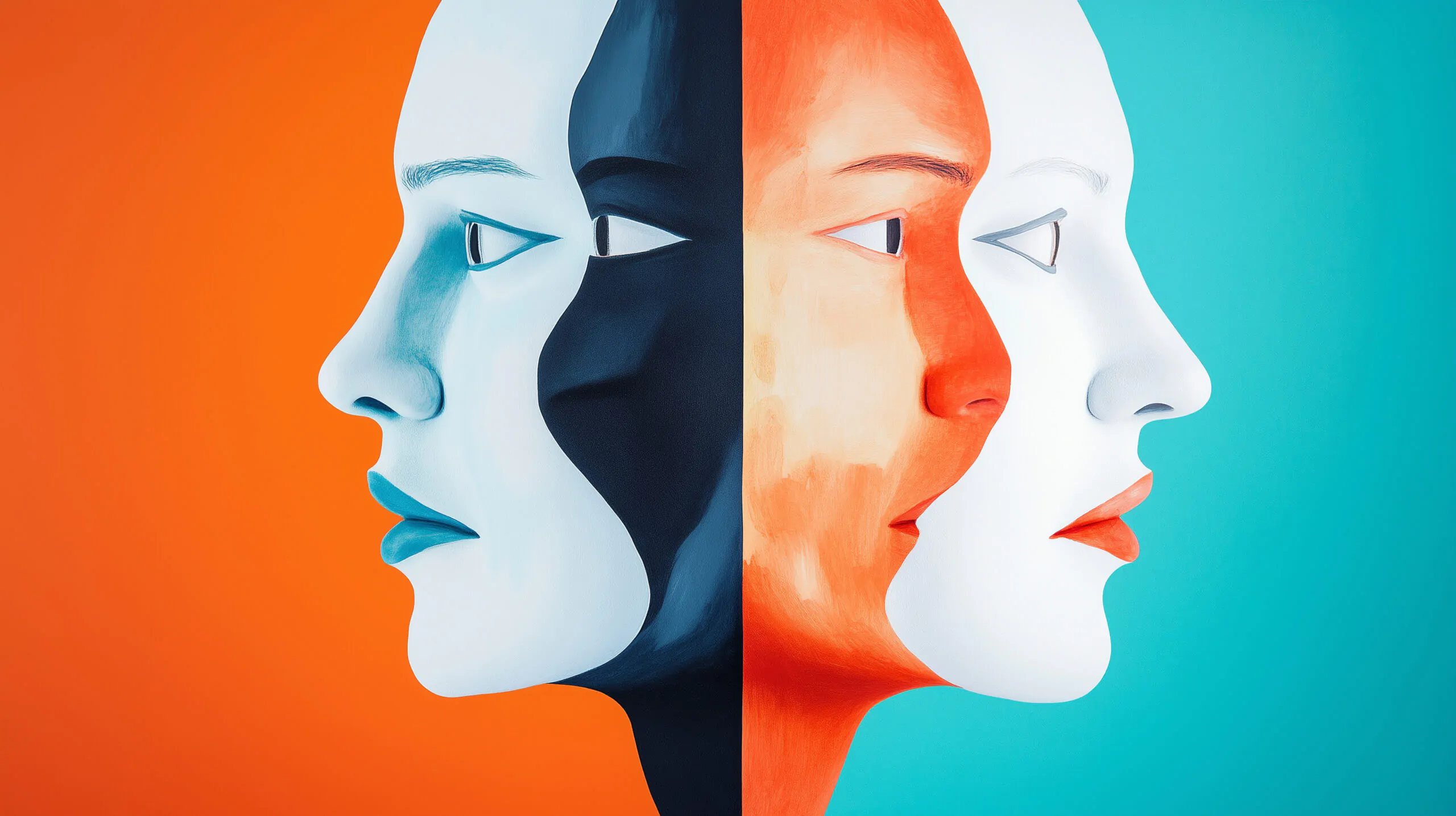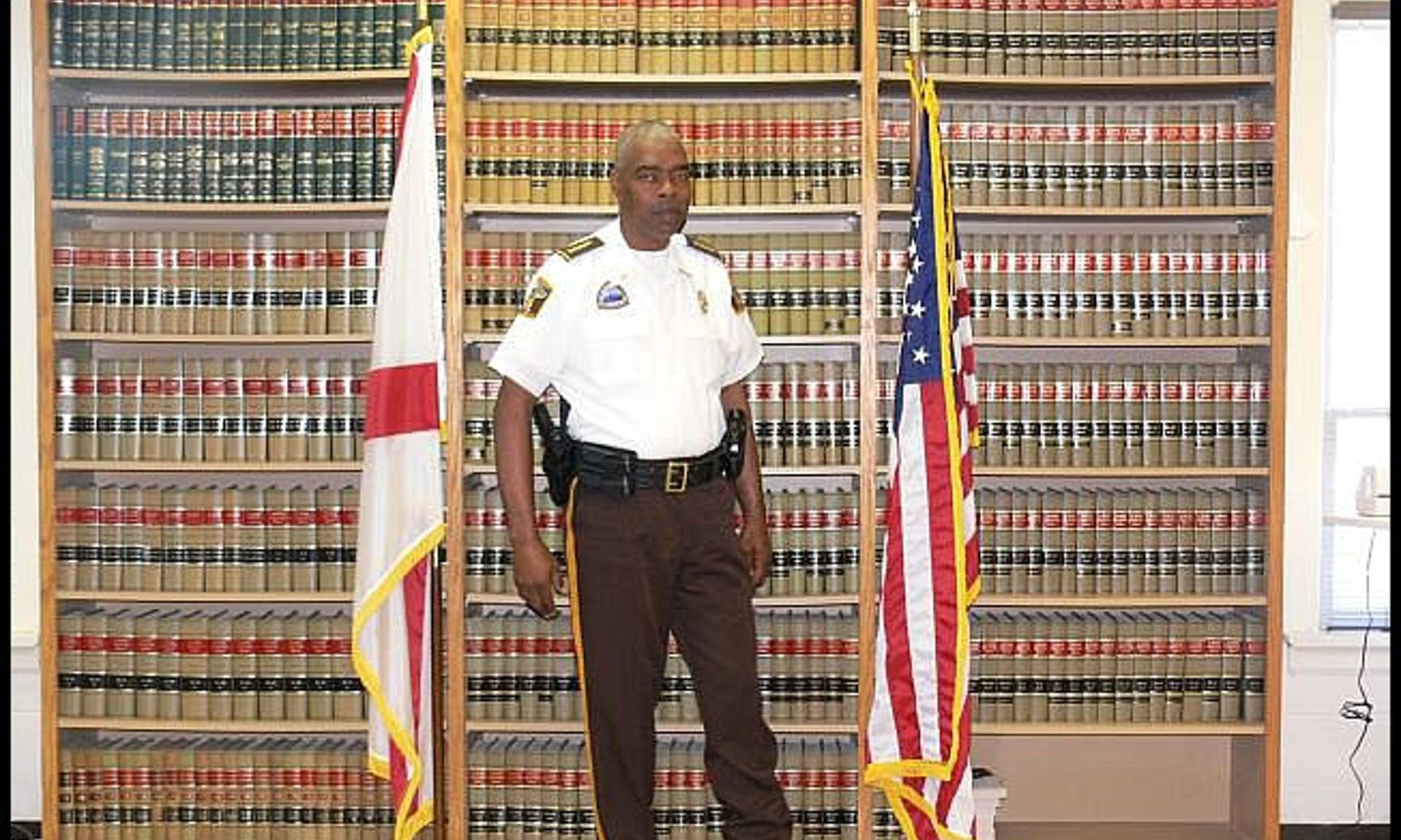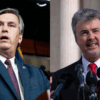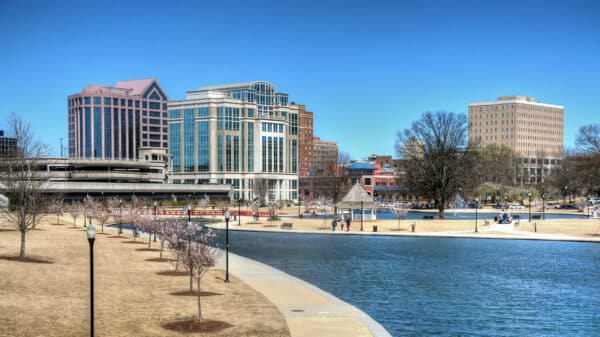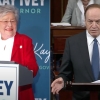The same hands that cradle an infant can pull a trigger. The same voice that prays can call for blood. What drives political belief—and which part of ourselves does it serve?
It’s a question that echoes beneath every vote cast, every speech delivered, every law passed in our name. But underneath the surface, political belief is rarely just about policy. It is about who we are, who we want to be, and what we fear losing.
I believe political convictions should rest on more than instinct or tribal loyalty. They must be grounded in a moral system and supported by intellectual depth. I’ve studied religion, philosophy, history and literature not to win arguments, but to understand the strange, often contradictory creature called humankind.
And what I’ve found, both in texts and in life, is this: people are capable of breathtaking kindness and ruthless cruelty. We are generous beyond reason and vindictive without hesitation. The line separating good and evil—as Aleksandr Solzhenitsyn once wrote—does not run between parties or nations, but “right through every human heart.”
That line shifts. Which is why belief must be constantly examined—not inherited or performed, but tested in the crucible of conscience.
I’ve known people, especially in politics, who privately reject the cruelty embedded in their party’s platform. They grimace at the rhetoric, admit the damage and whisper regrets. But when the vote is called or the cameras roll, they fall in line.
They justify it with a familiar story: If I don’t go along, I won’t be reelected. And if I’m not reelected, I can’t do any good.
But power gained by silencing the conscience does not liberate the conscience later. It only trains it to stay quiet. With each retreat, each rationalization, belief becomes performance. And when belief becomes performance, politics becomes theater—and cruelty becomes applause.
Even those who call themselves realists must confront the question: What kind of justice are we serving?
Reinhold Niebuhr, no stranger to the tension between moral ideals and political necessity, wrote: “Man’s capacity for justice makes democracy possible; but man’s inclination to injustice makes democracy necessary.” Politics, in other words, should be a guardrail against our worst instincts, not a stage for them.
But too often, political belief today is shaped less by justice than by vindictiveness.. Less by compassion than by control. Our culture rewards outrage over reflection, purity over principle, loyalty over truth. And so we drift—from conscience to calculation, from character to convenience.
Real belief is not a pose. It is a discipline. It is costly.
It demands that we speak when it would be easier to stay silent. That we vote with the vulnerable in mind, not just the powerful. That we ask not what the base demands, but what the truth requires.
James Baldwin knew that the moral moment is always now. “There is no moral distance,” he wrote, “between the facts of life in Harlem and the facts of life in Birmingham.” He understood that belief has no value unless it stands up in the presence of suffering—unless it acts.
So did Václav Havel, the Czech dissident playwright who endured prison and then led a nation. He called it “living in truth”—refusing to conform to lies even when the cost was high. Havel’s politics were not about ideology, but integrity; not about winning, but becoming.
George Orwell warned that political language is often used “to make lies sound truthful and murder respectable.” And Hannah Arendt observed that the greatest evils are often committed not by monsters, but by ordinary people who never stop to question the system they’re upholding.
These voices remind us that political belief is not merely a function of policy. It is a reflection of the self—our capacity for empathy, our willingness to confront fear, our courage to resist easy answers.
I do not romanticize human nature, but I do believe in our capacity for goodness. I have seen it—in neighbors who show up without being asked, in strangers who offer refuge, in the quiet dignity of those who choose right over safe.
What drives political belief? At its best, it is love of neighbor, reverence for truth and a sense of duty greater than self. At its worst, it is fear dressed up as strategy—resentment parading as principle.
The challenge is not simply to believe. The challenge is to believe honestly—to ask, again and again, whether our politics reflect the better angels of our nature or the darker voices we pretend not to hear.
Because in the end, politics is not just about who wins. It’s about who we are becoming. And whether we are becoming anything worth believing in.












